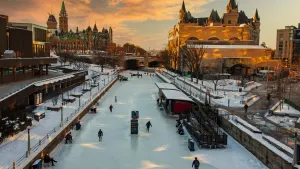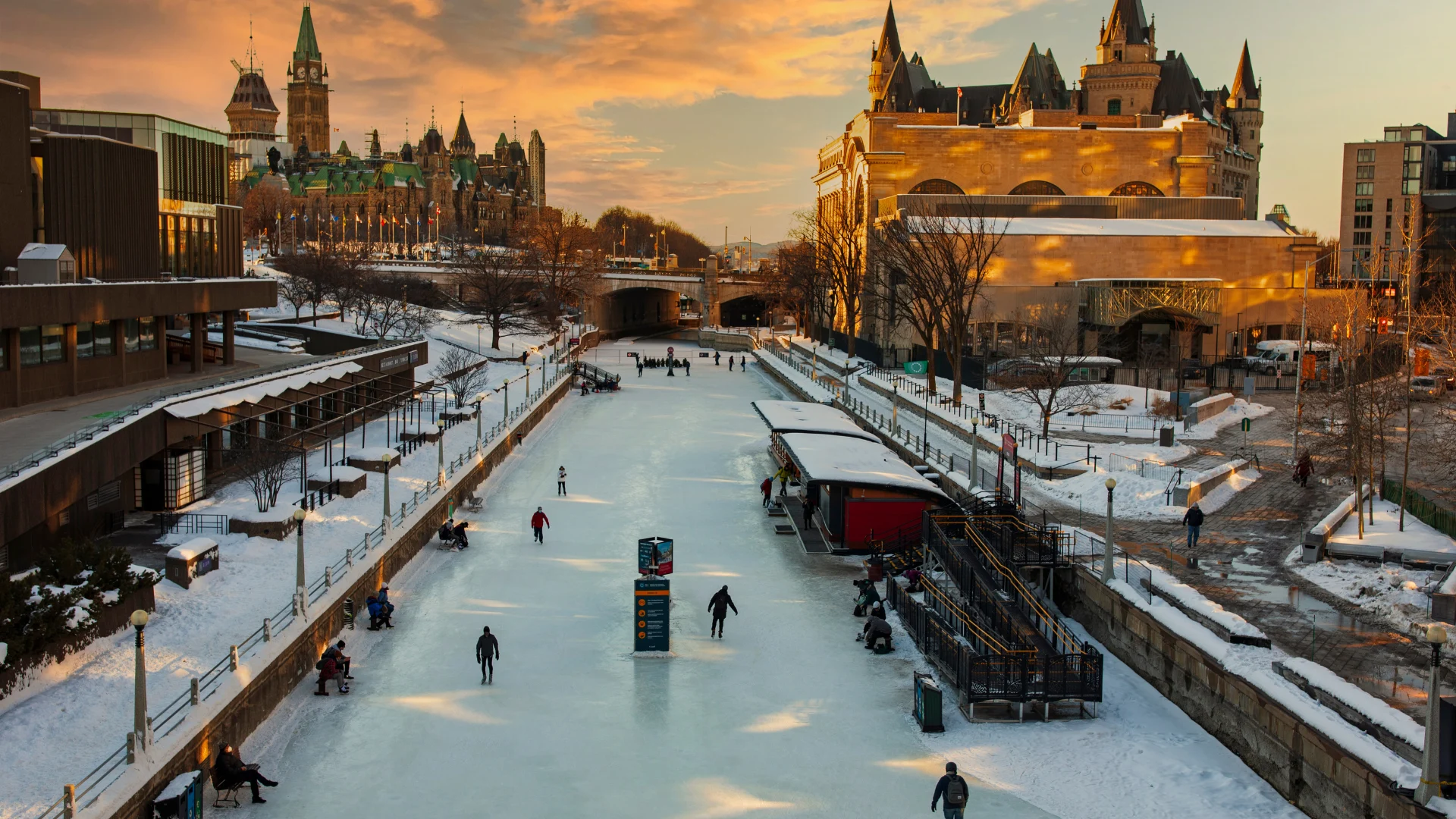
See where Canadian cities rank on world's top 100 urban areas
Canada accounts for 6 per cent of this year's list.
The results are in and, according to branding and strategy company Resonance Consulting, London, England is the top 100 global metropolitan area in the world.
The rankings examine cities with over 1 million residents and based on a range of criteria, including livability, prosperity, and global reputation.
This year, six Canadian cities made the list. Here's a look at them:
Toronto, Ontario

Submitted to The Weather Network by Shiamak Katrak.
Toronto is the highest-ranking Canadian city at #15, recognized for its cultural diversity, economic opportunities, and vibrant arts scene.
It takes the #3 spot for tree cover, which is assessed by the amount of city covered with vegetation that is at least 5 metres in height and a canopy cover greater than 50 per cent.
Vancouver, British Columbia
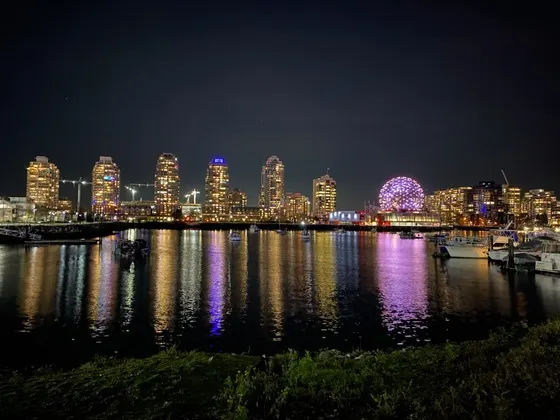
Submitted to The Weather Network by Christine.
Vancouver isn't far behind at #22 overall and #5 for tree cover.
Gorgeous natural landscape and mild climate are two of the reasons the city made the list.
And, as far as global reputation goes, Vancouver has made strides toward setting and meeting its sustainability goals.
It is recognized globally for its Greenest City Action Plan and subsequent Climate Emergency Action Plan, which focuses on reducing greenhouse emissions by 50 per cent by 2030.
Montreal, Quebec
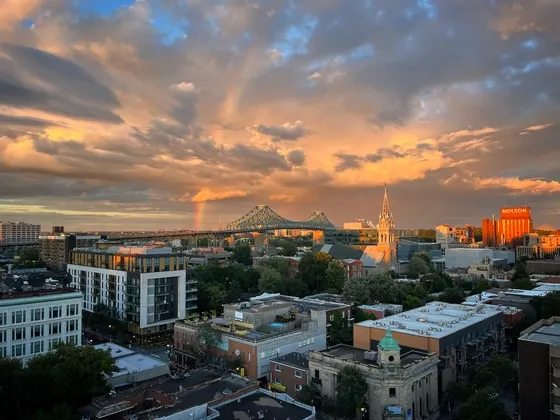
Submitted to The Weather Network by Marc G.
Coming in at #35 overall, Montreal is lauded for its rich history, culinary excellence, and creative energy.
The city also wins points for efforts to reduce traffic by becoming more bicycle and pedestrian-friendly. As it stands, it's already considered one of the most walkable cities in the country.
Montreal is enhancing its green infrastructure with urban forests and stormwater management systems to boost climate resilience.
Ottawa, Ontario

Submitted to The Weather Network by Janet Stephens.
Ranking #52 overall and tying Toronto at #3 for tree cover, Ottawa makes the list for its political significance and sprawling green spaces.
Residents can breathe easy: Ottawa's Energy Evolution Strategy has the lofty goal of reducing emissions by 100 per cent by 2050, with significant steps taken in renewable energy projects, offering retrofitting rebates to residents for their homes, and transitioning to low-carbon transportation options.
Calgary, Alberta
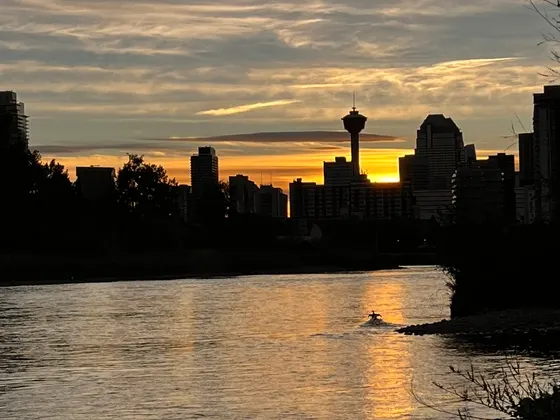
Submitted to The Weather Network by Wendy Alston.
Calgary takes the #54 spot, in part due to its "significant investments" in clean energy.
Currently, the city has programs in place to reduce reliance on fossil fuels while expanding renewable energy projects. The city’s climate resilience strategies include water conservation efforts and sustainable urban planning, which includes reducing urban heat islands.
Edmonton, Alberta
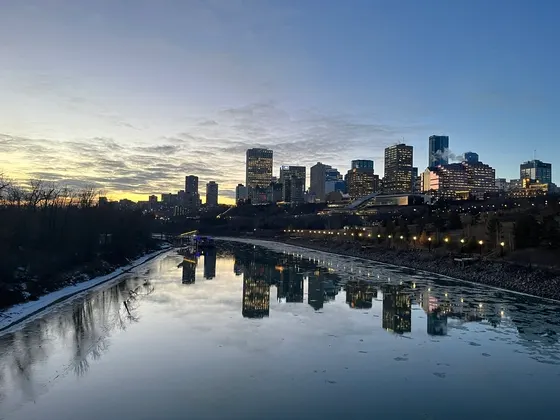
Submitted to The Weather Network by Oliver.
At #65, Edmonton is the final Canadian city on the list. Its park system helps the city rank #24 for tree cover.
The city is also gaining buzz for a possible national park designation for Edmonton's North Saskatchewan River Valley.
Header image: File photo of Ottawa (Getty Images via Canva Pro).







